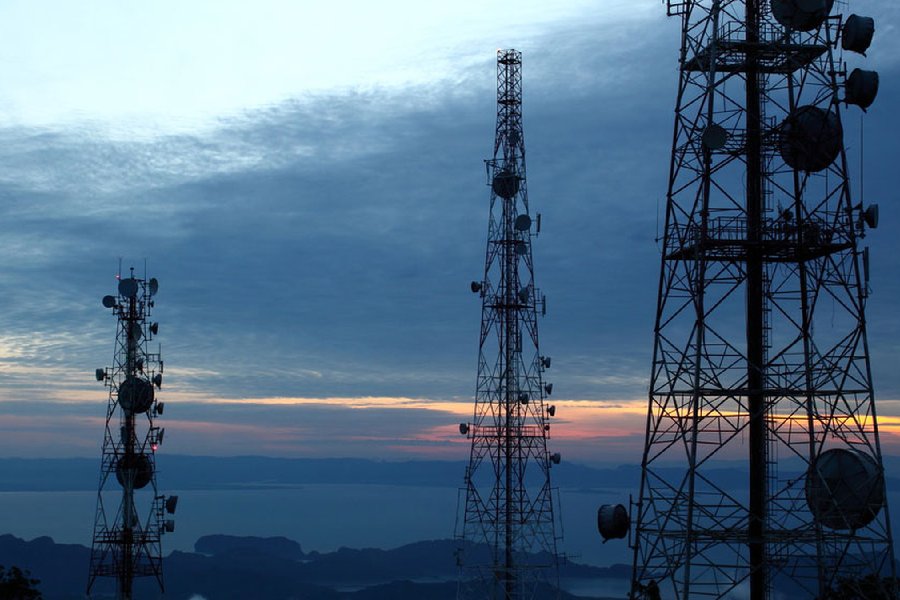Parliament on Thursday passed a Bill that seeks to allow the government to temporarily take control of telecom services in the interest of national security and also provide a non-auction route for the allocation of satellite spectrum.
The Telecommunications Bill, 2023, was approved by the Rajya Sabha through a voice vote. It was passed by the Lok Sabha on Wednesday after a short debate.
It also allows the government to take possession of a telecom network in case of a public emergency or in the interest of public safety. Besides this, it provides for stopping transmission and intercepting messages in case of a public emergency, in the interest of the public, to prevent incitement for committing offence.
The press messages of correspondents accredited to the Centre or state governments shall not be intercepted or detained unless their transmission has been prohibited under rules applicable to public emergency and public order, according to the Bill.
Replying to the debate, communications minister Ashwini Vaishnaw said the Telecommunications Bill, 2023, “is being brought keeping in mind the aspirations of ‘new India’ to replace two colonial-era laws”.
“In the last nine and half years, India’s telecom sector has emerged from a very difficult period marred by scams to become a sunrise sector,” the minister asserted.
He also said during the same period, the number of telecom towers has increased to 25 lakh from just six lakh in 2014, while the number of internet broadband users has increased to 85 crore today from just 1.5 crore before.
India did the fastest rollout of 5G technology in the world with maximum equipment being made in India, Vaishnaw said.
He informed the Upper House of Parliament that the “Right of Way” approval was a very challenging task but under the leadership of Modi, reforms were undertaken. The result was that 85 per cent of tower approvals are instantaneous now through the click of a button and the time period has been reduced to 10 days on an average from 230 days before, Vaishnaw said.











